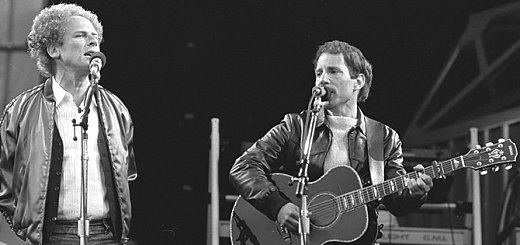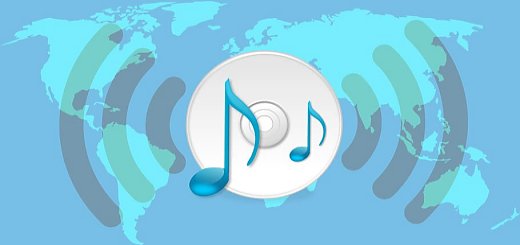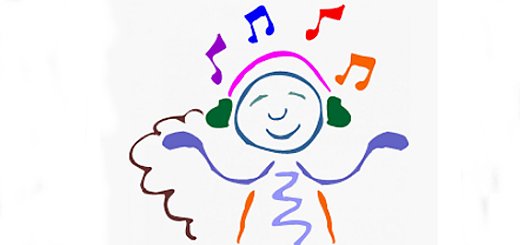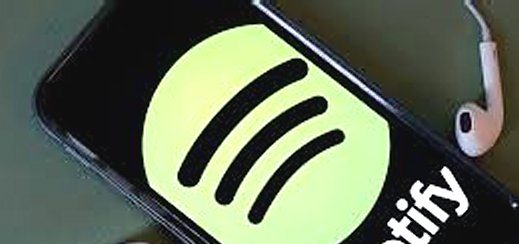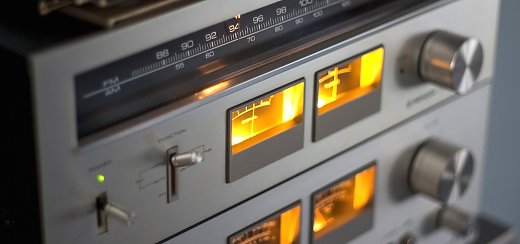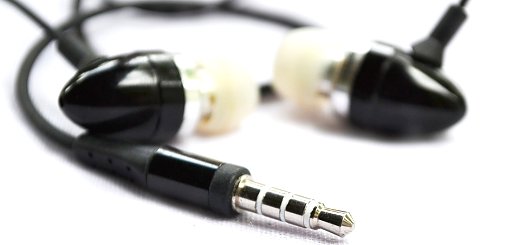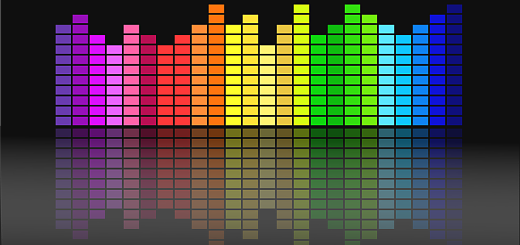Artists love Bandcamp, listeners like Spotify, whom does the future belong?

NPR wonders how are listening future will look like, taking two of the biggest services as examples: "Spotify and Bandcamp could not be more opposite. Where Spotify highlights playlists, most often of its own creation, Bandcamp sticks to the album. Where Spotify pays royalties according to little-understood formulas that can only be analyzed by reverse calculation, Bandcamp lets artists and labels choose their own prices. Where Spotify requires working through a limited number of distributors to access their services, Bandcamp is open to anyone. Where Spotify has revenue streams dependent on ads and data, Bandcamp operates on a simple revenue share with artists and collects no information on its users".


